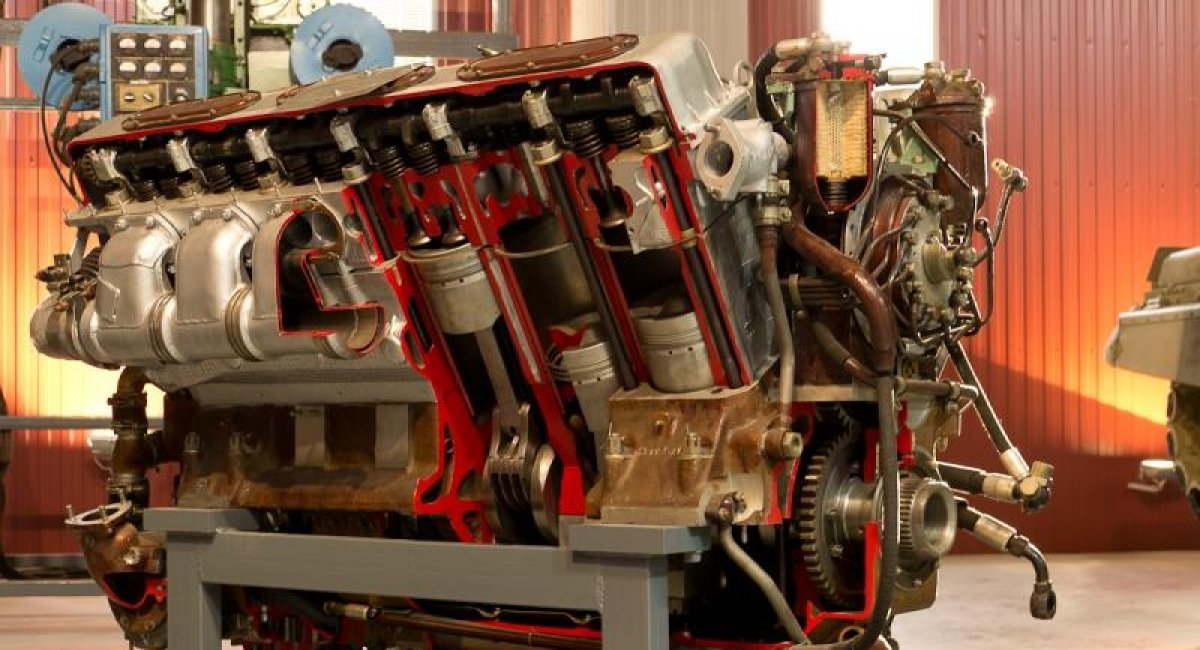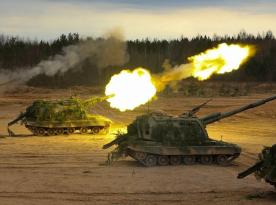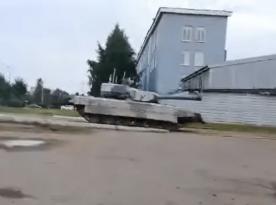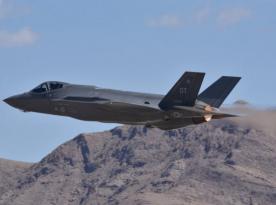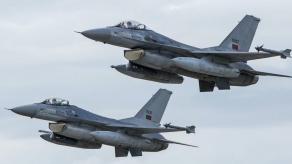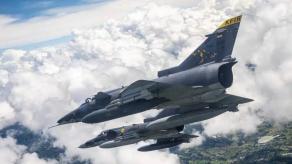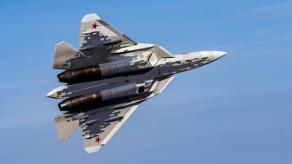A new ion nitriding manufacturing cell has been opened at the Chelyabinsk Tractor Plant–Uraltrac (ChTZ-Uraltrac). The new specialized area will give a multifold increase in mass production of diesel engines.
The launch of this cell was part of the project aiming to modernize the machinery used at ChTZ-Uraltrac and thus increase the volumes of V-92S2 engines produced for T-72B3 and T-90M Proryv main battle tanks, russian military media note.
Read more: Army of belarus is About to Get New "Handmade" 122mm Artillery Rockets Firing at 40 km
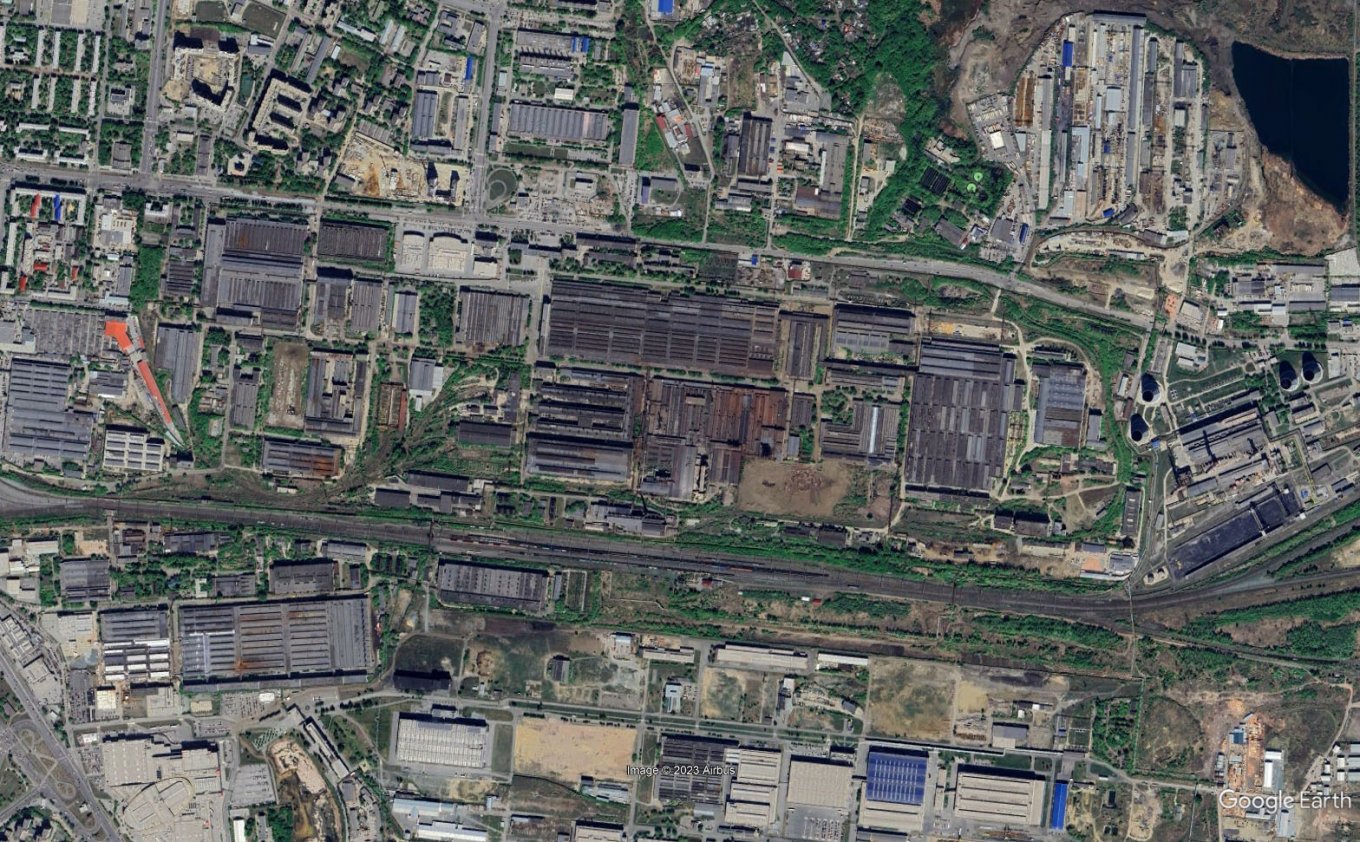
According to russian sources, the nitriding furnaces for the new production area were made in belarus.
From now on, ChTZ-Uraltrac will be mastering the new technology and figuring out the operating modes of these furnaces, and only after this period of familiarization, the real manufacture will start at the new cell in serial production mode, and V-92S2 engines will begin to come out.
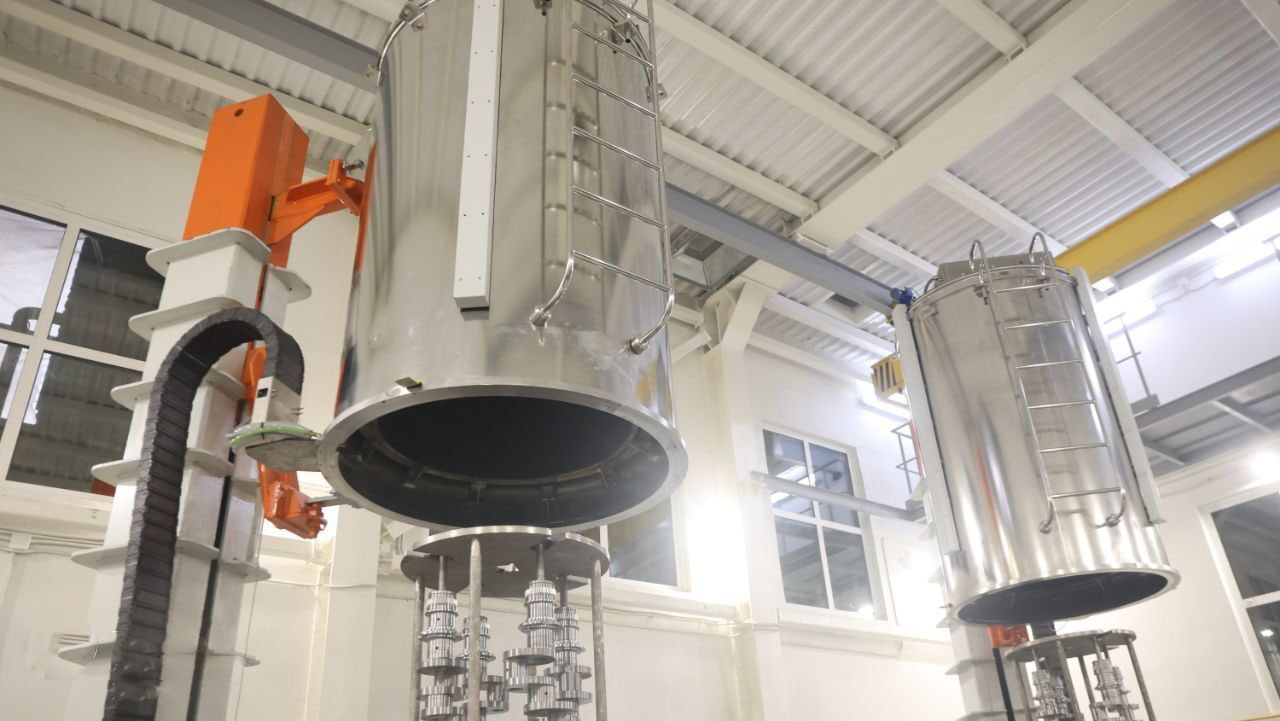
On the part of Defense Express, despite this being only a local, niche example, i.e. it affects only one of the stages of tanks production in russia, it is nonetheless illustrative in a way that it demonstrates the technological reliance of the russian federation on its satellite states.
Earlier in April we touched upon the V-92S2 engine production in russia. Particularly, explained why russians steal these engines from each other and what unusual applications they find for them.
Read more: Explosions at russian Plants in Chelyabinsk and Smolensk: Are They Enough to Stop Production




